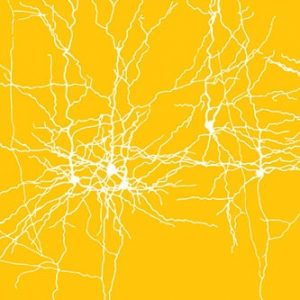ELSC Heller Lecture Series
Home » Heller Lecture Series » Human Prefrontal Cortex and Behavior
Heller Lecture Series in Computational Neuroscience
Prof. Robert T. Knight
M.D. Helen Wills Neuroscience Institute and Department of Psychology, University of California, Berkeley

On the topic of:
Human Prefrontal Cortex and Behavior
Humans fluidly move attention across the temporal domain rapidly shifting from the present state to past or future mental representations. This capacity is lost after lateral prefrontal damage leaving a patient with profound difficulties in goal directed behavior. Electrophysiological, neuropsychological, fMRI and electrocorticographic data support a critical role of lateral prefrontal cortex (PFC) in the control of both voluntary and involuntary attention. PFC supports top-down control of posterior association cortex during voluntary attention in the initial 100-800 msec of stimulus processing. Automatic attention allocation indexed by response to novel environmental events is also dependent on a rapidly habituating prefrontal-hippocampal network. PFC initiates this involuntary novelty detection network within 150 msec of presentation of a novel event. Recent evidence from direct cortical recording in neurosurgical patients provides evidence that voluntary and involuntary attention are supported by ultra-high frequency gamma bursting (70-250 Hz) in the human neocortex. Thus, the devastating human prefrontal syndrome can be viewed as a failure in rapid PFC control of multiple, parallel neural networks subserving both voluntary and automatic attention which are dependent on high frequency oscillations in the neocortex.
When
Where

